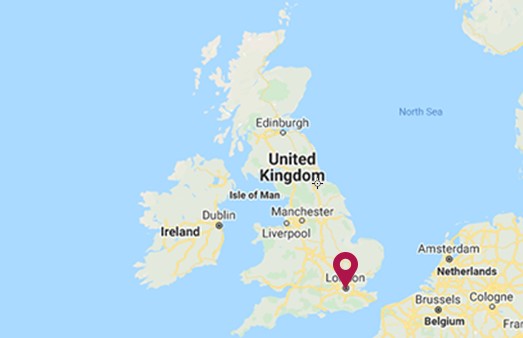The Hague Apostille Convention of 1961; officially known as the The Hague Convention of 5 October 1961, Abolishing the Requirement of Legalisation for Foreign Public Documents, was drafted by the Hague Conference on Private International Law (HCCH). The convention specifies the ways in which a document issued by a signatory member nation can be made fit for legal use in other signatory states.
It abolished the requirement for consular legalisation of documents, and, instead, introduced the apostille certification for documents. All public documents that need legalisation for use between member nations, for various purposes, can be legalised with an apostille stamp issued by a competent authority of the nation in which the document originates. This apostille certification would suffice, with no further requirement of Embassy legalisation.
The convention aimed to make cross-border transactions and paperwork easier. Now, all participating nations can accept a document that is apostilled, easing the burden of certifying documents according to the different laws and standards of each nation. Over 110 nations are part of the 1961 Hague Convention, including The United Kingdom. In the UK, the Foreign & Commonwealth Office (FCO) in London is the designated authority for the issuing of apostille certificates to documents for legalisation.
Documents need to be submitted to the legalisation office of the FCO in Milton Keynes. Most public documents to be used in another country will require an apostille certificate, including birth certificates, death certificates, marriage certificates, police background checks, power of attorneys, company incorporation certificates and so on. These documents are also required by visa applicants to work and reside in another country, for business travellers to conduct international transactions or to participate in company legal proceedings in foreign courts and many other such instances.
Please note that in order to get a document apostilled, it needs to be issued or certified by an officer or authority recognised by the London FCO. This means that certain documents that have not been issued by the UK Registrar’s Office will need notarisation by a UK Notary Public or solicitor before it can receive the apostille certificate.






